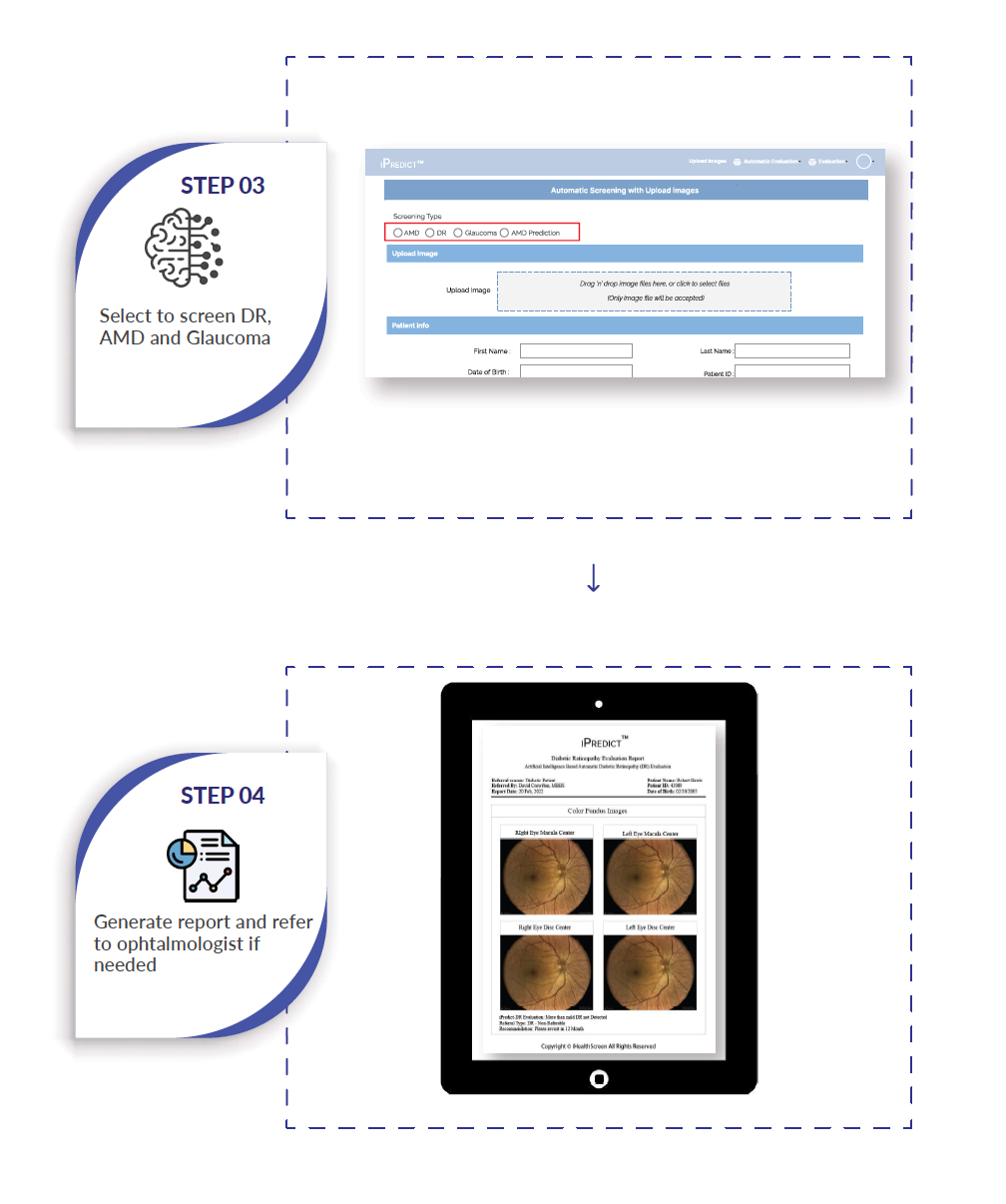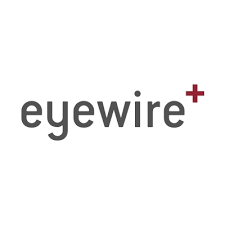iHealthScreen Announces FDA 510(k) Submission for iPredict Automated AI-Based AMD Tool
iHealthScreen has submitted for FDA 510(k) clearance for iPredict, making it the first company to apply for an FDA clearance for screening AMD, according to a company news release.
iPredict AI Eye Screening System provides fully automated age-related macular degeneration (AMD) screening, including retinal imaging and immediate reporting of actionable results. Using the iPredict System, primary care and various specialty practices can accurately and efficiently screen people over 50 for AMD and refer them to a specialist (i.e., an ophthalmologist), according to iHealthScreen.
Once high-resolution images of the patient’s eyes have been captured using a color fundus camera and submitted to the iPredict AI System, the screening results are available in a fully automated report in less than 60 seconds. The entire test can easily and reliably be completed within 5 minutes.
iHealthScreen conducted a prospective trial in the general population to prospectively assess the product’s accuracy, sensitivity and specificity. The completed pivotal trial of the device demonstrated that iPredict-AMD achieved excellent accuracy with a sensitivity of 86.86% and a specificity of 94.13%, according to iHealthScreen.
These prospective study results were initially presented at the annual meeting of the American Academy of Ophthalmology (AAO) and selected for panel discussion as outstanding work.
In its 510(k) application to the FDA, iHealthScreen has proposed the following indication for iPredict’s use:
- iPredict-AMD is indicated for use by health care providers to automatically detect more than early age-related macular degeneration (mteAMD) in adults above 50 years of age who have not been previously diagnosed with Late AMD (i.e., not legally blind or not showing blind spots in their visual field).
- iPredict-AMD is indicated for use with the DRSPlus color fundus camera (iCare Inc. K192113) in both primary care and eye care settings.
If referable stage disease is detected for any of these conditions, the iPredict automated report recommends a visit to an ophthalmologist for appropriate treatment. Otherwise, in accordance with standards of care, a follow-up visit in 1 year is suggested.
iPredict is indicated for use by healthcare providers in clinics, hospitals, or other healthcare facilities to detect AMD automatically.
“This technology could be particularly useful in identifying someone who has slipped across the boundary for progression into severe AMD,” Theodore Smith, MD, Professor in Ophthalmology and Neuroscience at Icahn School of Medicine at Mount Sinai, New York, said in a company news release.


